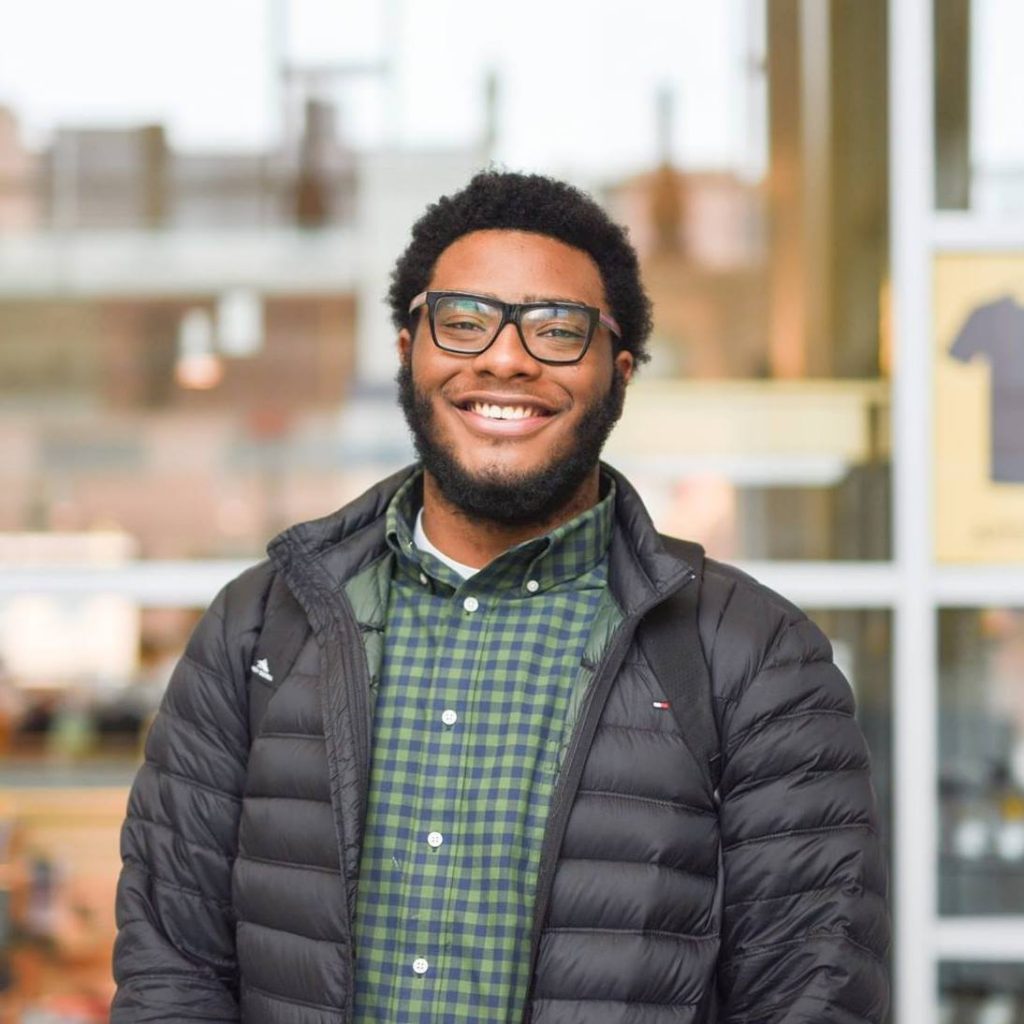INDS B.A: Civic Agency and Democratic Engagement
My INDS Degree
Preparing students to be 21st century leaders equipped to fulfill their civic and democratic responsibilities is a challenge. Higher education organizations, such as The American Democracy Project (ADP), The Democracy Commitment (TDC), and the National Association of Student Personnel Administrators (NASPA), have collectively developed the Civic Learning and Democratic Engagement Efforts’ Emergent Theory of Change that is built around four essential questions about how to prepare students for lives of engaged and effective citizenship in democracy, with one pedagogical question asking: How can we best foster the acquisition and development of the knowledge, skills, and dispositions necessary for a thriving democracy? It is my intention to design my degree program around understanding ways in which the university can help students see the value of their role in democracy and completing meaningful and timely research that attempts to answer this pedagogical question.
Post Graduation Plans
Following graduation, I plan to apply to graduate school at University of Maryland, College Park’s Masters of Arts in Student Affairs program. As one of the top programs in the nation, they have specific focus on interpreting research significant to the profession, conducting related research, and translating theoretical knowledge about the development of individuals. Public narrative and the story of self is an important element outlined in my degree proposal and I plan to take the opportunity to facilitate if accepted into the program and presented the opportunity. As a backup, I plan to apply to Morgan State University for their Masters of Arts in Higher Education & Affairs Administration.
Courses In My Degree Plan
✅ Cultural Diversity: Identify how issues of cultural diversity and inclusion directly affect student’s full participation in a democratic society. (ANTH 211 / POLI 270 / MLL 305 / SOCY 321 / PSYC 340 / AMST 376)
✅ Problem Solving: Examine the ways and means of solving substantive societal and community problems to build a sense of civic capacity and agency to tackle them. (SOWK/AFST 201 / ENTR 201 / PSYC 340 / AFST 385 / POLI 433 / HIST 449)
✅ Student Engagement: Examine teaching and learning practices in an effort to discover how to create an educational environment that promotes civic agency, reflective pedagogy, and encourages student engagement for a democratic society and social impact. (PSYC 216 / EDUC 310, 311 / POLI 455 / ENGL 382)
✅ Individualized Study: Acquire an understanding of interdisciplinary thinking to better comprehend the development of civic agency and democracy as a whole, and conduct research in this field. ( HIST 300 / ENGL 392 / INDS 330, 335, 399, 480, 490)
